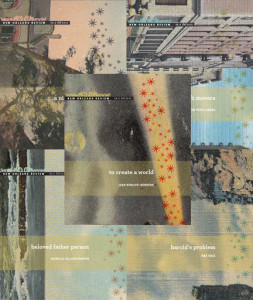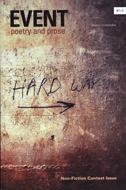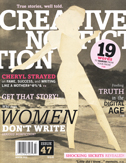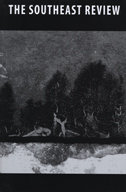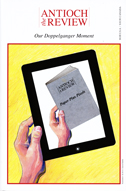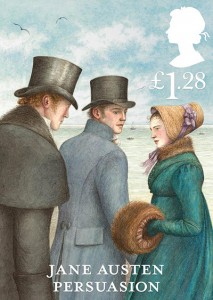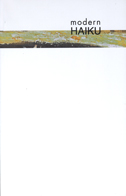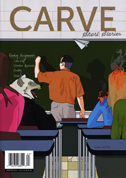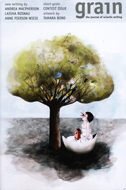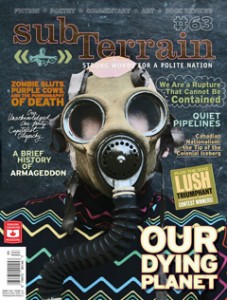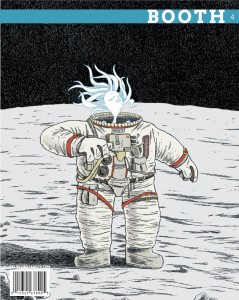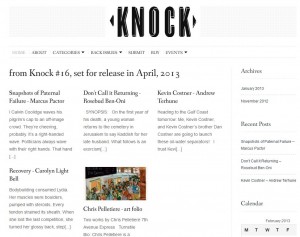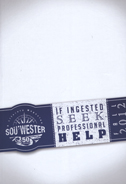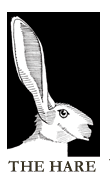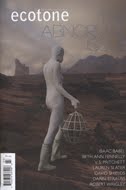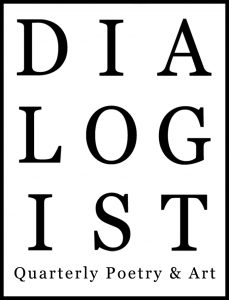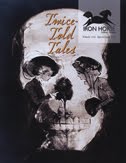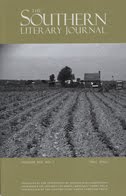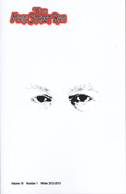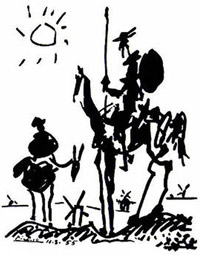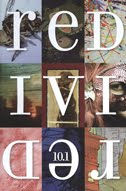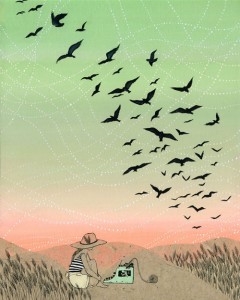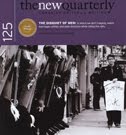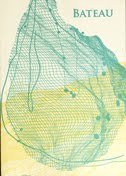Pongo Writing Resources for Teachers & Teens
The Pongo Teen Writing Project mentors personal poetry by teens who’ve suffered childhood traumas, such as abuse and neglect. The writers work with youth inside jails, shelters, psychiatric hospitals, and other sites. They help youth worldwide through the interactive writing activities on our web site. Their primary purpose is to help our authors understand their feelings, build self-esteem, and take better control of their lives.
Pongo’s latest blog, “Being Pretty on the Inside,” shares some great teen poems – the latest winners of the Pongo Poetry Prize – on themes of struggling to be ourselves and also please others as well as the vulnerability we feel in doing so.
In “If My Fist Could Speak” (January 2013) a young woman, age 13, speaks intensely and courageously to a bully. She writes: “You should eat diamonds so you can be pretty on the inside.”
In “If God Were Looking at My Life” (October 2012), a young woman, age 14, writes: “If God opened a new door for me…I’d change who I was, and I would try to find the real me. The me who isn’t afraid.
Pongo has expanded its effort to help distressed youth through poetry, not only with their ongoing projects inside juvenile detention and the state psychiatric hospital, but by mentoring “duckling” projects on the Pongo model. Pongo is currently consulting with five start-ups, including projects in Seattle, Sacramento, and Ann Arbor. These programs are helping homeless youth, youth in psychiatric care, youth in detention, and youth in foster care.



